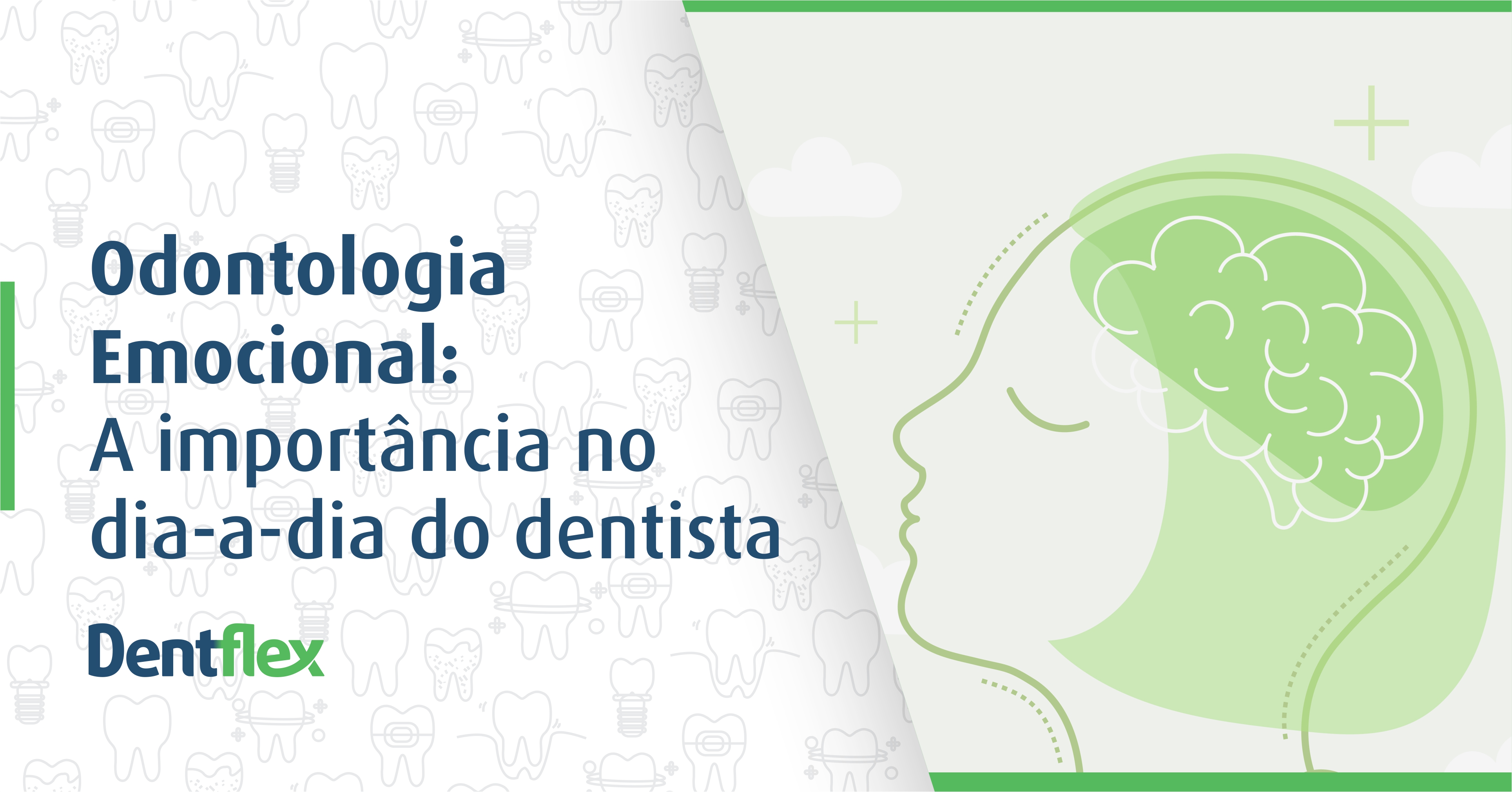Emotional dentistry: importance in the dentist's daily life

In dentistry, direct and constant contact with patients forces dentists to have, in addition to technical capabilities, psychological skills. In any dental treatment, the dialogue between the professional and the patient is decisive to find the most appropriate procedure for the case and achieve the best results.
Emotional dentistry is focused on how to establish effective and beneficial communication for both parties, which results in greater patient satisfaction. One of the pillars of this technique is the practice of active listening.
Based on the concept of emotional intelligence, this new way of understanding the practice of dentistry can be defined as the dentist's ability to know and manage both his emotions and those of his patient. The goal is to successfully perform dental treatments, as well as provide each patient with a pleasant experience in the office.
One of the reasons why patients choose a dental clinic or another is the trust conveyed by the team that works there. Whether you are a dentist known to the family, recommended or simply a good location, interested people need to feel confident in the professional who will take care of your smile.
The role of emotional dentistry
In addition to experience and technical knowledge, correct and attentive personal communication increases the feeling of confidence and facilitates the acceptance of dental treatments. On the other hand, emotional dentistry helps to deal with complicated situations in the office, as in cases where there are patients who refuse to perform the necessary procedures, suffer from odontophobia or reveal aggressive tendencies.
How to apply emotional dentistry in your dental clinic? Both emotional intelligence and the use of this concept in dentistry require prior self-knowledge, in order to discover the points to improve both in the personal and professional aspects. With a few simple guidelines, you can start implementing emotional dentistry in your office.
Active listening
Necessary to establish a productive dialogue, this technique is based on the ability to make your interlocutor see that you are listening carefully, without making any judgment about your words. Thanks to active listening, the patient will feel free to communicate his problem and convey all his doubts. In this way, both diagnosis and acceptance of treatment will have a much better chance of success.
To put this technique into practice and gain the trust of the interlocutor, it is essential not to interrupt and ask open questions that invite dialogue.
Intrapersonal skills
These skills allow people to improve as individuals, both personally and at work. Working on aspects such as self-motivation, responsibility and assertiveness, will facilitate effective communication between professionals and their patients. The dentist must learn to correctly manage his emotions, such as stress or particular problems, so that the patient feels more confident, which will have a positive impact on his visit to the office.
Interpersonal skills
Many people intervene and work in a dental clinic, each with a different personality. To maintain a good relationship with the team and patients, it is essential to work on social skills, bearing in mind the concept of emotional dentistry. In this sense, empathy, proactivity and respect will be the best allies to improve interpersonal skills and optimize the office's operation.
In fact, the application of emotional intelligence to dental practice is increasingly necessary. The search for a more personalized service by patients, despite the great competition that characterizes this segment, requires professionals to continuously improve their services to offer the best clinical experience, based on attention to the needs and characteristics of each patient.
Source: Dentalis Sempre à Mão. Available at: https://www.dentalis.com.br/blog/odontologia-emocional-importancia-no-dia-dia-do-dentista/. Access on: 12/08/2020.
